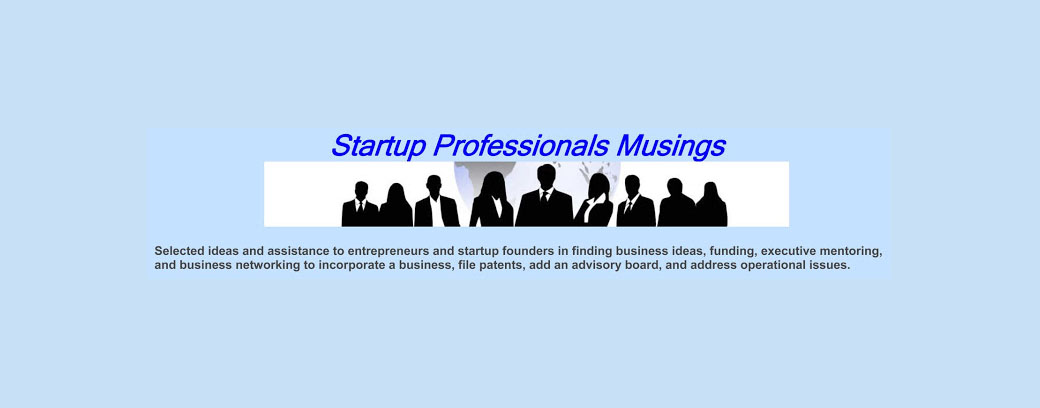Plan Now To Reinvent Your Startup Before The Crisis

You will be pivoting your business in your lifetime, whether you are a new startup, or a mature company like Motorola or IBM. You can count on it and plan for it, or you wait for the next survival crisis brought your way by this rapidly changing world. You can even give it a more elegant name, like “market-focused reinvention,” but it won’t be graceful if you don’t take the lead
“Pivoting” is changing a fundamental part of your business model. It happens on the front end for startups to get traction, and then again later for every company as the economy, competition, and culture changes around them. The pivot can be as simple as changing the pricing model, or as complex as moving from a product business to a services business.
In all cases, it’s more effective and less painful to do it as a planned process, rather than a crash course in survival. A recent book “Resurgence: The Four Stages of Market-Focused Reinvention,” by top Kellogg School of Management faculty members Gregory S. Carpenter, Gary F. Gebhardt, and John F. Sherry, Jr., outlines the required steps I see as follows:
1Recognize the need for change. This is often the most difficult step, either due to startup passion, or due to past success and the instilled cultural norms of established companies. Resurgence begins when entrepreneurs and top executives stop trusting only themselves, and build a coalition with customers to see what is and isn’t working.
2Reinvent the vision for change. Doing more of the same to stop the bleeding doesn’t work. Real change demands new goals based on new market realities. That means market-focused, rather than marketing-focused. For startups, it means adjusting your new dream to reality; for mature companies it means walking the talk of new realities.
3Formalize change through structure and rewards. Symbols of the new market coalition have to permeate every communication, formal process documentation, and the reward system for everyone. Formalizing change involves distributing authority to make important decisions to the team members most able to add direct customer value.
4Team, market, and cultural maintenance. Entrepreneurs and team members are quick to forget why change was needed in the first place. The antidote is to establish ongoing processes for staying connected with the market, like social media, customer visits, and focus groups. Only then can successful startups and resurgent firms avoid the next crisis.
There are no shortcuts to becoming market-focused, and for staying there to avoid crisis pivots in the future. The change takes time, effort, and commitment. But the benefits are worth it. The gains are personal as well as financial. They can make your startup an inspiring place to work, and help your team see their role in achieving something substantial and good, as well as fun.
Even if you are certain that your startup or enterprise is already market-focused, what are the warning signs to watch for that signal a need for change? Here are a few of the key ones:
- Financial results plateau or show a growth slowdown.
- Struggling to meet industry growth projections.
- Competitors are surpassing your own results.
- Your market segment has lost its luster.
- The excitement of leading is gone.
When Eric Ries first made the term “pivot” a part of the business vernacular in his best-seller for entrepreneurs, “The Lean Startup,” he wasn’t focused on the challenges of larger companies to re-invent themselves on a regular basis to maintain their synchronization with the market. But in my view, pivot is a more natural and less intimidating term than business re-invention.
For all businesses, the art of the pivot is all about changing course as required in pursuit of the original business goal. If you weave this capability into your business processes from the very beginning, the change can indeed be a graceful and fulfilling part of the business journey, rather than a near-death experience. Don’t wait for the descending darkness before you start.
As read on Startup Professionals Musings.